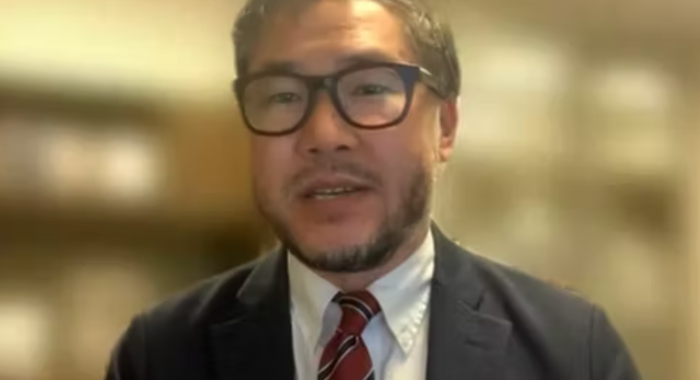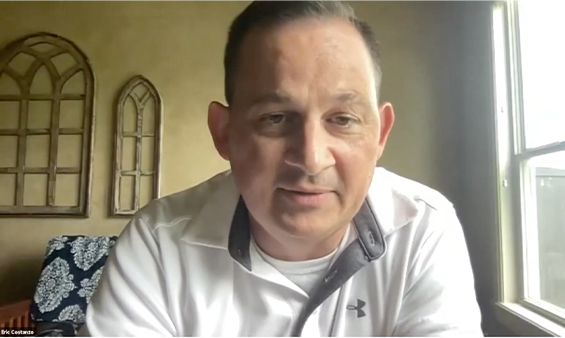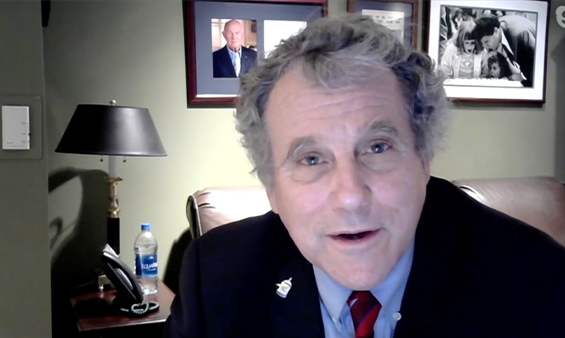After learning that a $40 billion cut in the Supplemental Nutrition Assistance Program (SNAP) was being proposed, the National Association of Evangelicals sent a letter to each member of Congress asking them to maintain the program at or near its current level of funding.
Dear Representative,
As you determine the policies and appropriations for the Supplemental Nutrition Assistance Program (SNAP), please maintain this vital program at or near its current level of funding, and refrain from enacting policies that could damage our most vulnerable citizens. We are especially concerned about proposals that would limit food aid for some recipients to three months in a three year period, and endanger benefits for unemployed persons for whom neither jobs nor slots in training programs are available.
Virtually every evangelical church supports hunger relief programs both at home and abroad. Many operate their own food banks and administer relief funds that help the needy who fall through the cracks in the public safety net. This assistance is particularly effective because it is often given in a context of personal encouragement, social networking and spiritual support that a government program could never match, and indeed shouldn’t try to replicate.
As generous as both our private and public food assistance programs are, however, we know from pastoral experience that many parents face excruciating choices between feeding their families, and paying for housing, transportation and medical care. The role of churches and charities is critical, but we can’t fill the all the gaps on our own.
We need a public-private partnership in which each sector does its part. The SNAP program provides a basic floor of food security to children, the elderly, the unemployed, and those whose employment still leaves them in poverty. Churches can offer personalized, high-touch assistance that complements what government provides.
During the Great Recession, the number of Americans needing food aid has understandably increased. Millions of families survived very hard times thanks in part to this assistance. Children were protected from irreversible developmental damage. Hunger-related health care costs were averted. As the economy improves, the number of beneficiaries will diminish. We thank God that our nation has maintained this safety net during these hard times.
Evangelicals are strong proponents of fiscal responsibility. We support efforts to reduce our annual deficits and enact structural reforms to bring our revenues and expenses back into balance. But we believe this can be done without further burdening our most vulnerable citizens, and without cutting appropriations for vital food assistance programs.
Our prayers are with you as you make important decisions on allocating scarce public resources.
Sincerely,
Leith Anderson
President



 View All Updates
View All Updates 


























